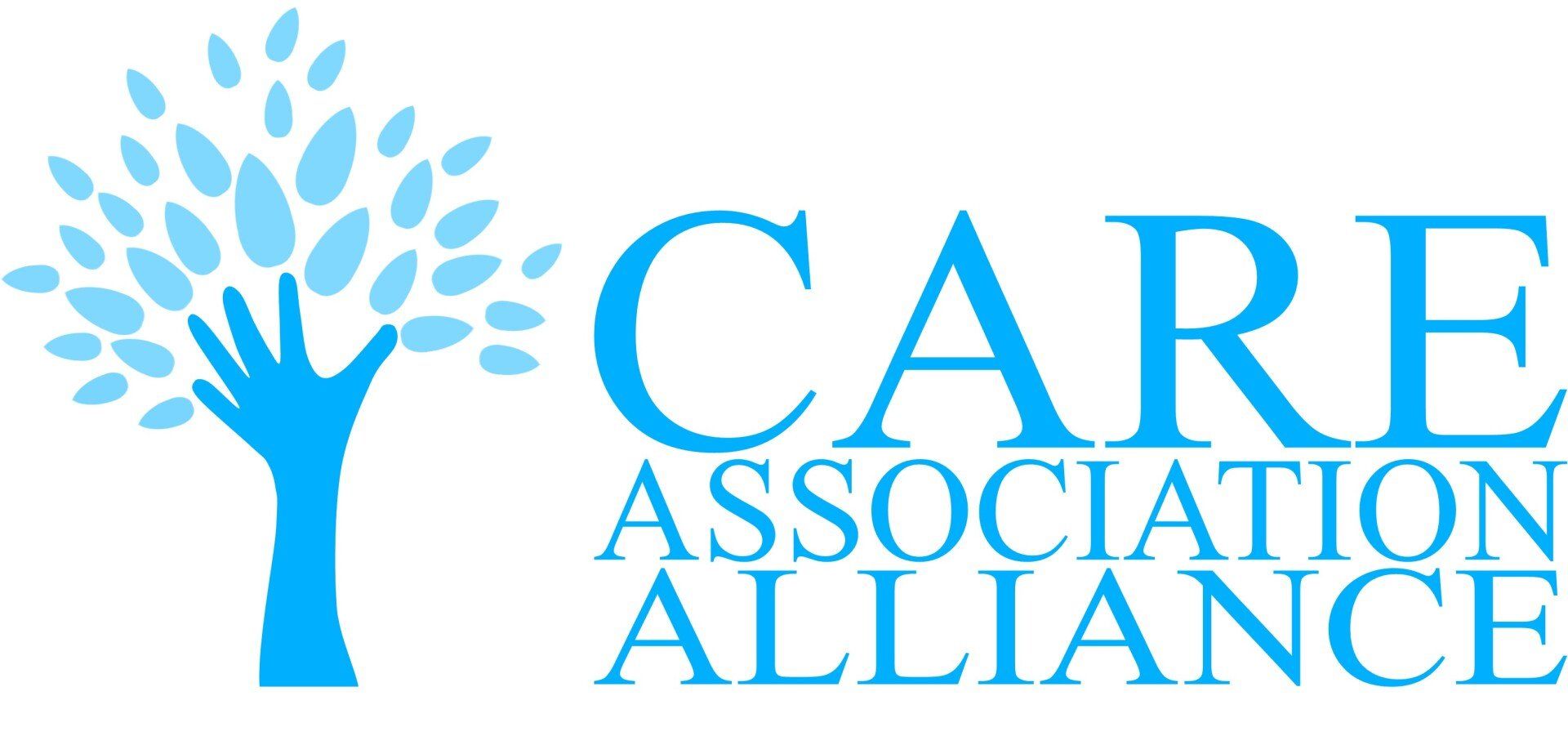24 July 2025
The National Minimum Wage – it’s more than just a pay rate 24 July 2025 Following a meeting between the Care Association Alliance and His Majesty’s Revenue and Customs, we would like to share HMRC’s advice with members on staying compliant with National Minimum Wage legislation. In 2024/25 HMRC identified over half a million pounds of arrears for over 2,000 workers in the social care sector. Mistakes are easy to make when you are calculating wage payments; this can happen even when you’re paying your staff an hourly rate that is above the minimum wage. Here’s some examples of common mistakes that can lead to underpayments, particularly in the social care sector: Unpaid working time – underpayments can happen when extra hours are worked but not paid, for example time spent travelling if it’s in connection with the worker’s job, such as travelling between clients or waiting time. This also includes time spent awake and working during sleep-in shifts, being on standby at or near the workplace, or carrying out mandatory training on site or at home. Deductions and expenses – if workers incur expenses or have deductions from pay for items connected with the job (including the costs of uniforms, mandatory training or safety clothing), this could bring their wages down to below the NMW. Deductions for services provided by the employer such as meals, admin costs for attachment of earnings, transport, or excessive deductions for accommodation can also result in underpayments. Underpaying workers – mistakes can also happen when an employer pays a worker the incorrect rate. This is usually because of a failure to implement annual rate increases correctly, for example, missed birthdays as workers move from one age band to another or errors in applying the apprentice rates. Type of worker – If an employer applies the incorrect work type to the NMW calculation, it can lead to underpayments. There are four different types of worker for NMW purposes: salaried, time, output and unmeasured. The hours you must pay a worker the NMW for depends on the type of work they do. The rules and calculation of hours apply differently for each type of work that the worker does. You can find more information on calculating NMW on the gov.uk website . Including certain payments or premium payments when calculating a worker’s pay for National Minimum Wage purposes – Some employers may think they are paying above NMW because they are including things like shift allowances, on-call allowances, sleep-in allowances and higher rates for weekend or evening work in the calculation. However, dependant on the type of worker, these should not be included in the calculation. When these are taken out of the calculation, the worker could be being paid below NMW. Accommodation – If you deduct payments for accommodation from a worker's pay, or charge for accommodation, it can lead to underpayments. The rules allow a notional daily amount called the accommodation offset to count towards NMW. If an amount is charged or deducted over the level of the offset, the difference will reduce the worker's pay for minimum wage purposes. Status of workers – Incorrectly treating workers as volunteers, interns or self-employed can lead to underpayments of NMW. An individual’s NMW entitlement depends on whether they are a worker for NMW purposes. Generally, with limited exceptions, if an individual gets something of value in return for their work and are not genuinely self-employed, they are likely to be entitled to NMW. Salary sacrifice schemes – If a worker gives up their contractual entitlement to a portion of their salary in exchange for some form of benefit, this can lead to underpayments of NMW. These benefits can include company cars, additional pension contributions and cycle-to-work schemes. Where a salary sacrifice is in place, the worker no longer has entitlement to that portion of salary and therefore their pay for minimum wage purposes is reduced accordingly. Compliance and Enforcement Ensuring workers are paid fairly and in line with the current and appropriate NMW rate is a legal requirement for all employers. HMRC officers have the right to carry out checks at any time and ask to see payment records. They can also investigate employers if a worker complains to them. Employers who do not follow minimum wage legislation, and underpay their staff as a result, are subject to enforcement action by HMRC. If HMRC finds that an employer has underpaid their workers, any arrears must be paid back immediately. There will also be a fine of 200%, and offenders might be publicly named by the Government. Opportunity to Correct Mistakes However, there is an opportunity to put things right before a HMRC compliance check is opened. There are no penalties or naming if employers repay arrears before HMRC opens a compliance check. Putting things right If you identify an issue after reading this, here’s how to put things right: change working practices going forward calculate the arrears due to workers using the current rates pay arrears back to workers make reasonable attempts to contact any affected ex-workers If, as a result of a self-review, you have identified and paid arrears for underpayment of minimum wage, then there is an option to inform HMRC. To request a copy of the form to be used for making a voluntary declaration email voluntarydeclaration.nmw@hmrc.gov.uk . There are no public naming or financial penalties associated with any paid arrears that are declared to and accepted by HMRC using the voluntary declaration process. Further information can be found at: Calculating the minimum wage Summary of National Minimum Wage and accommodation rates Guidance on whether a person is a worker Guidance on who is and is not entitled to the minimum wage The current minimum wage rates If you prefer to speak to someone you can call ACAS for advice on 0300 123 1100.




